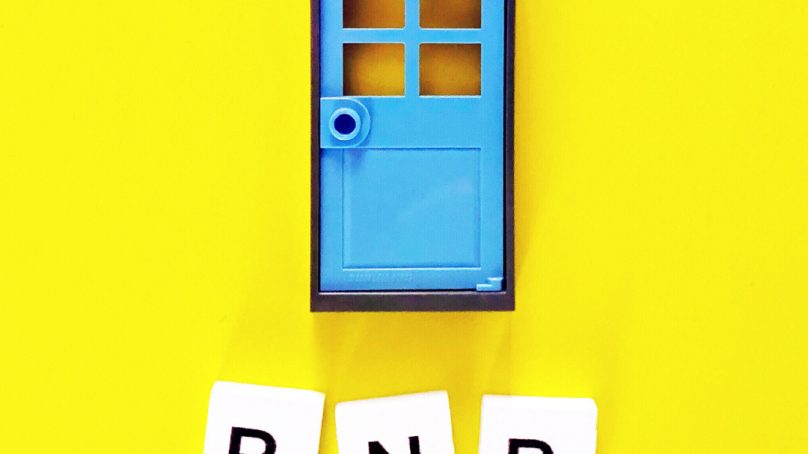To what extent has Airbnb really impacted the hotel industry? Bani Haddad, founder and managing director of Aleph Hospitality, looks at both sides of the argument and draws his own conclusions.
Since Airbnb’s arrival in 2008, there has been significant talk about its impact on the hotel industry. Amid the global Covid-19 pandemic, which caused massive disruption to the global travel industry, Airbnb went public in December 2020. As tourism gears up for recovery, this debate appears to have resurfaced.
When Airbnb first launched, many hospitality and travel leaders expressed their concerns and predicted that the hotel industry would soon be in a “state of shock” due to the rising popularity of this new concept in the sharing economy. In contrast, there was also a sentiment that the arrival of Airbnb would only strengthen the hotel industry and accelerate the much-needed innovation of the sector through healthy competition. As a hotel operator, I have followed this debate over the years, and despite all the discussions, opinions, analyses and reports, I am yet to see convincing and concluding data on the true financial impact of Airbnb on hotels.
I personally didn’t witness many complaints from fellow hoteliers about losing specific business to Airbnb; if anything, I saw the arrival of Airbnb as a positive push for us to be more agile, dynamic, efficient, transparent and innovative. Like the launch of any new concept in the sharing economy that revolves around a digital platform and presence, hotels have had to up their game when it comes to online visibility, digital marketing, pricing strategies and transparency as well as the overall guest experience delivery.
One of the key things to consider in a post-Covid-19 world is health, safety and hygiene, which has become one of — if not the — most important decision-making factors for travelers when choosing their accommodation. Again, there are conflicting reports, with some claiming that travelers will prefer to stay in hotels because of the enhanced cleaning and sanitization programs that most brands have put in place, while others say travelers are more likely to book Airbnb accommodation to isolate and avoid public areas that are common in hotels, such as busy lobbies and elevators. The debate may never end, but does it matter?
With Airbnb having opened up its platform to hotel distribution in 2018 and the current recovery mode of the industry in the aftermath of the global health crisis, I believe that there is enough room for hotels and Airbnb to coexist positively and profitably. While we shouldn’t underestimate the size and reach of Airbnb — or rest on our laurels now that travel demand is on the rebound — I believe we should focus on what our guests expect from us as hotels instead of trying to work out how we should redefine ourselves from industry players such as Airbnb in a post-Covid-19 era. Yes, we are both competing for attention from travelers after an immensely challenging year, but our clients are not necessarily the same. Instead, I think we should concentrate on enhancing and modernizing our products and services, making them more accessible.
Take health and hygiene as an example; we know safety will be the top priority for our guests and they expect heightened cleaning and sanitization protocols as well as contactless services when they start traveling again. Let’s focus on providing these things. We are also well aware that travelers are increasingly looking for highly personalized services and experiences as well as more conveniences, so let’s concentrate on ensuring we can deliver these. I strongly believe that it’s our agility and flexibility that enables us to adapt to the ever-changing needs of travelers, as well as the new dynamics of our industry.
During the pandemic our industry has proven that it can be agile and flexible, and we must continue to do so in the new normal. Let’s not forget that we overhauled health and safety protocols almost overnight, pivoted our accommodation offering by turning hotel rooms into offices and assisted governments around the world by converting our hotels into quarantine centers. It’s the pandemic that posed the biggest threat to our industry to date, and I am confident we can emerge even stronger.
Platforms like Airbnb give travelers more choice and variety when it comes to accommodation options, so it’s up to us as hoteliers to raise our game, differentiate our offering and ensure we don’t lose market share. As people start traveling again, we will all be eager to court new business. However, I recommend that we stay focused on the recovery of the travel industry instead of trying to outdo each other. We’re all here to stay.

















